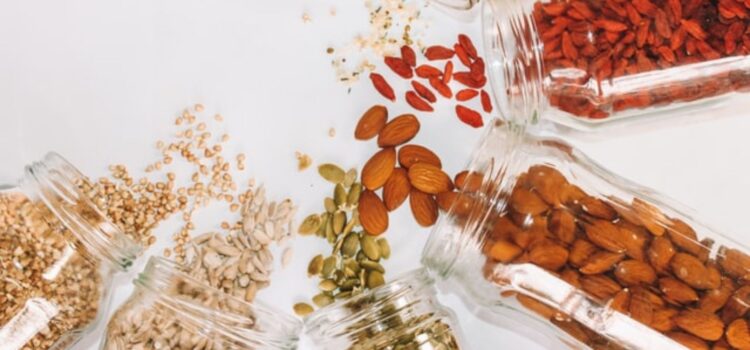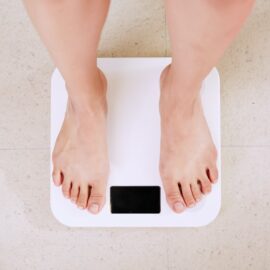
What does your body use protein for? How much should you eat? Should you eat a lot of meat?
According to physician Peter Attia, protein in your diet is something you need to pay attention to. Your body needs it to function well and ward off disease. In his book Outlive, he discusses the importance of protein for a long and healthy life.
Continue reading to discover why protein matters and what Attia recommends in regard to your diet.
Peter Attia on Protein
According to Peter Attia, protein is necessary for countless essential tasks. Your body converts it into important enzymes, hormones, and muscle mass. (Building muscle is necessary to increase health and longevity.) But, he contends, most people consume far less protein than their body needs for optimal health.
(Shortform note: Because the enzymes and hormones your body creates with protein are so vital to survival, severe protein deficiency, or kwashiorkor, disrupts basic biological processes, causing much more serious problems than diminished muscle mass. Kwashiorkor can result in a weakened immune system, permanently stunted physical and mental development, coma, and death.)
Although US government agencies recommend consuming 0.8 grams of protein per kilogram of body weight a day, Attia asserts that most people need at least double that—1.6 grams per kilogram. If you’re active and trying to gain muscle (as almost everyone should be), Attia recommends 2.2 grams per kilogram (or 1 gram per pound of body weight) of protein.
Whereas excess calories from glucose are sometimes stored in unhealthy ways, your kidneys will filter out any excess protein and you’ll excrete it through urine. Therefore, it’s very difficult to eat too much protein—3.7 grams per kilogram of body weight will strain your kidneys, but the vast majority of people never come close to consuming that much.
(Shortform note: It’s rare for people to contract kidney disease by eating too much protein. Rather, two out of every three cases of chronic kidney disease are caused by diabetes and high blood pressure (both signs of metabolic dysfunction). Attia would likely argue that increasing your protein intake will almost always reduce your risk of kidney disease, as building muscle improves your metabolic function.)
| The Risks of Eating Too Much Meat After hearing Attia’s argument that most people fail to eat enough protein, you may decide to add significantly more meat to your diet. However, excess meat consumption can cause a number of health issues: Both red and white meat are high in saturated fats, which increases some individuals’ risk of heart disease. Additionally, processed meats such as ham, bacon, and sausage are particularly high in sodium, which research indicates may increase your risk of high blood pressure, bowel cancer, and stomach cancer. This means that getting the amount of protein you need solely from meat may trigger adverse health effects. For example, if you weigh 170 pounds and want to gain muscle, Attia recommends consuming 170 grams of protein per day. To reach this target by eating nothing but ground beef with taco seasoning for one day, you’d consume over 1.5 pounds of beef containing an unhealthy 41 grams of saturated fat (209% of the FDA recommendation) and 5,800 milligrams of sodium (256% of the FDA recommendation). Instead of increasing your protein intake solely through meat, it would likely be healthier to balance your diet with other protein-rich foods like nuts, beans, and quinoa. |






